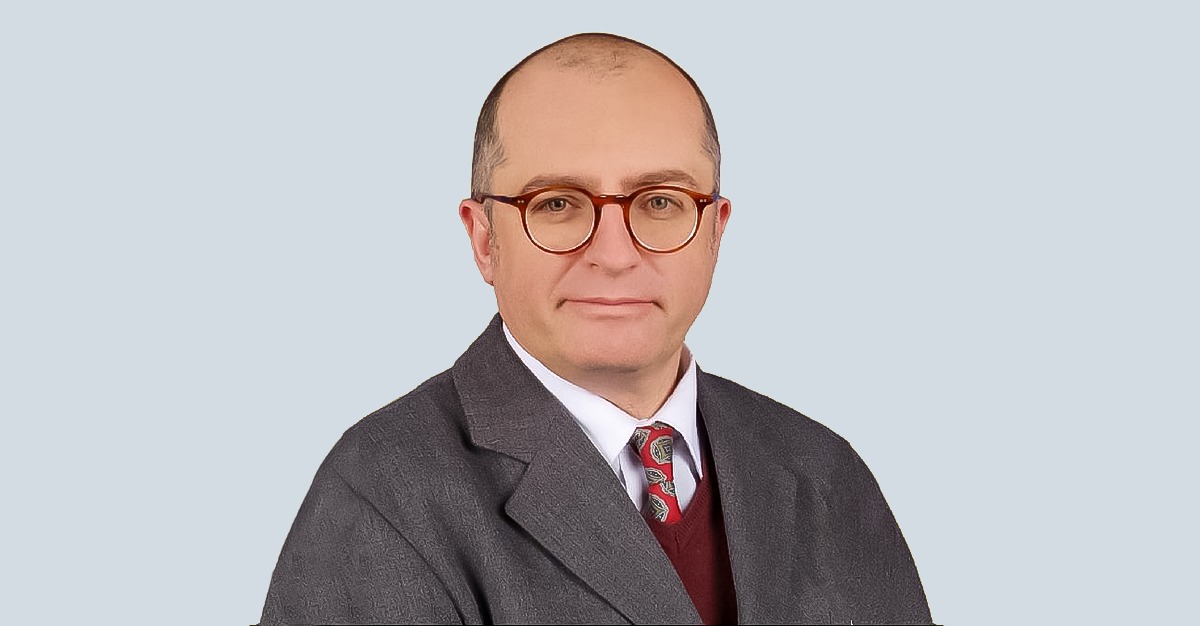EXPERTISE
EU, NATO, international relations, security
LANGUAGES
French, German, Spanish, Russian
BIOGRAPHY
Michael Werbowski is a Vienna-based reporter, heritage activist and political campaign organizer who specializes in international geopolitical issues. He graduated from the University of Leeds, U.K., and wrote his MA dissertation in post-communist studies on the topic of E.U. enlargement to the nations of “new” central Europe. He did his BA studies at the faculty of Political Science and Law (University of Nantes, France) and later spent a year as an “etudiant libre” attending classes at the Institut d’ Etudes Politiques de Paris. In 1992, he took summer courses in American foreign policy and advanced journalism at Harvard University. In 1993, he ran for parliament in the Canadian federal elections. He is a Salzburg Global Seminar fellow from 1996 and was awarded a Wolfson college Cambridge media fellowship in 2004. From 1994 until 2000 he resided in Prague as a reporter for the local press. From 2000 until 2003 he worked in Mexico city as a correspondent for the Czech daily Lidove Noviny while collaborating with the Mexican media.
In 2005, he lectured in Prague’s Anglo American college on corporate ethics and media coverage. As a reporter he covered and commented on issues related to E.U. and NATO enlargement for the prominent Czech daily Lidove Noviny and the Prague Post. He has written news and commentary for newspapers such the Mexican daily Excelsior and Tiempos del Mundo in Mexico City. For his environmental coverage of the Chalillo dam controversy in Belize he was awarded an honorable mention for best reporting in 2003 by the Mexican journalists’ club.
Mr. Werbowski’s articles have been translated from English into Spanish and French in magazines, newspapers and websites world wide. Most recently he was business editor at the English daily The News in Mexico city. He is currently working on and researching a book on former U.S. foreign policy adviser to President Jimmy Carter (1977-81) Dr. Zbigniew Brzezinski. He has worked with several NGOs and international organizations over the years (most recently assistant to an E.U.-member state OSCE delegation in Vienna).
RECOMMENDED ARTICLES
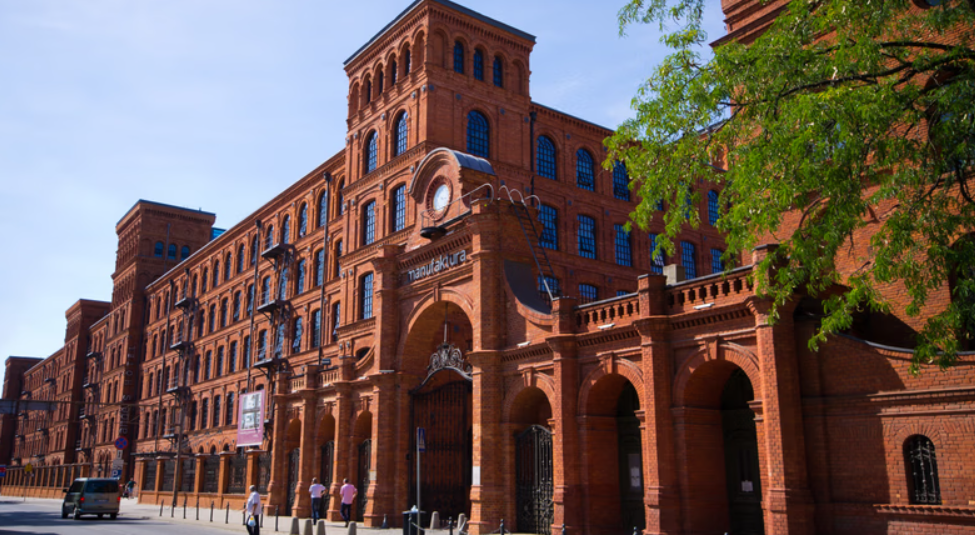
Łódź: A New Promised Land
Łódź––emblematic of nineteenth-century Polish capitalism––endures as a neglected city yet embedded into modern national consciousness
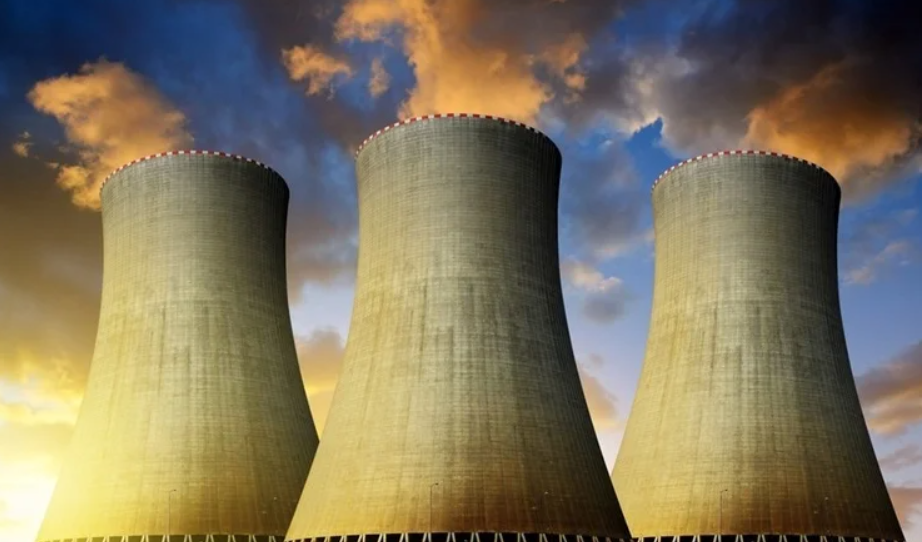
Polish research on nuclear energy: From Marie Skłodowska-Curie to the present
The history of nuclear energy research in Poland is inextricably linked with the life and achievements of Maria Skłodowska-Curie, one of the most influential scientists in history.

Tightening Immigration and Border Policy Initiatives in the Baltics
In response to escalating geopolitical risks and hitherto unseen migration pressures, the Baltic States have radically redesigned their border policy. This change has resulted in Lithuania, Latvia, and Estonia implementing strict border controls, erecting new security infrastructure, and tightening immigration regulations.

Ukraine, the War, and the collective West, what’s next?
The stakes this year are as high as it gets for Ukraine, as challenges arise on the front, behind the front, and on the international arena as well as if it weren’t already enough…

Promoting Poland’s Success: Crafting a Positive Global Image
Poland, a nation steeped in a storied past and characterized by its vibrant progression, possesses myriad sources of pride. Achievements in science, sports, arts, and the economy attest to the singularity of our nation, establishing a robust foundation for enhancing Poland’s image on the international stage

The Greenhill Approach and the Taxology of Instrumentalized Migration in the Belarusian Migration Crisis
The deliberate use of migration as a geopolitical instrument has attracted a lot of attention lately, especially when viewed via Kelly M. Greenhill’s taxonomy of engineered migration. This complex phenomenon shows how states and non-state actors control migratory patterns to achieve political, territorial, and military goals.
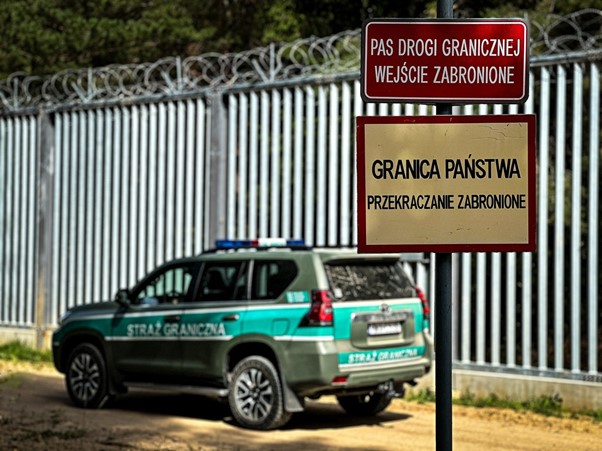
Granica polsko-białoruska: narracje Kremla i Mińska
W obecnej sytuacji geopolitycznej, Polska jest w stanie nieustającej wojny hybrydowej z Federacją Rosyjską. Ten typ prowadzenia działań ofensywnych jest jednym z flagowych narzędzi w rękach Władimira Putina, przejawia się w dezinformowaniu dotyczącym sytuacji na granicy oraz jej instrumentalizacji, tak aby wpisywała się w prokremlowską politykę i przekaz.

The Polish-Belarusian Border: Russian and Belarusian Narratives
In today’s geopolitical landscape, Poland is engaged in ongoing hybrid warfare with the Russian Federation. This kind of offensive operation is a cornerstone tactic for Vladimir Putin, involving spreading disinformation about the border situation and manipulating it to fit the pro-Kremlin policy and narrative.

EU-China relations in the aftermath of Russian invasion on Ukraine
The current state of China-EU relations has reached a critical juncture, necessitating strategic and decisive actions in order to foster rapprochement
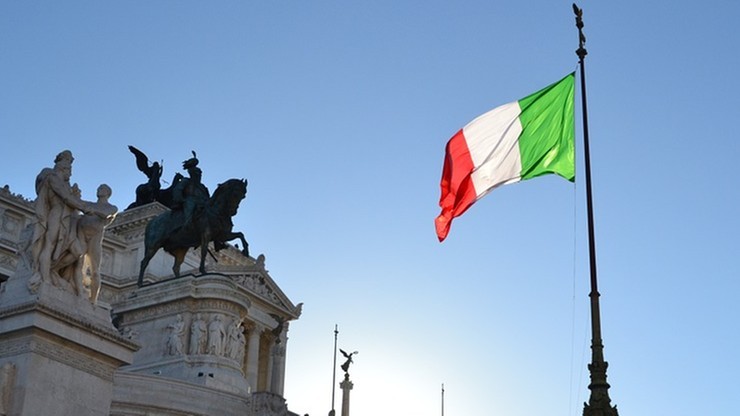
What is Italy’s interest and involvement in the Three Seas region?
The Three Seas Initiative focuses its activities on the Central and Eastern European region, however the projects proposed may include the participation of not only the 13 members of the Initiative. Often other European countries are involved and can benefit from activities promoted by the Three Seas Initiative.

